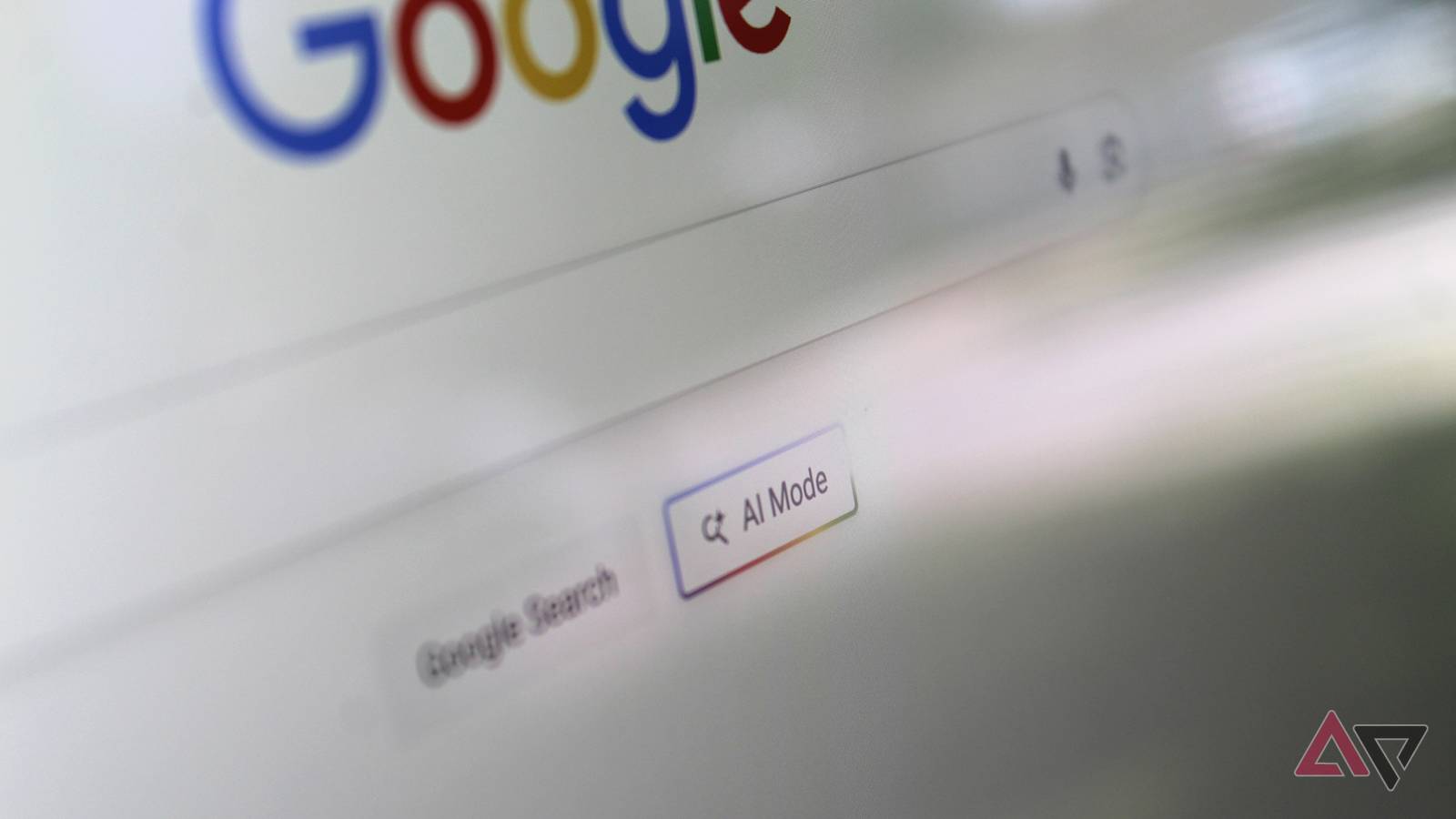Google released its first generative AI advertising spot using Gemini models on November 2, 2025. The spot shows AI driven marketing can reach mass audiences while raising urgent questions about transparency, authenticity and creative rights in advertising.

Google released what many outlets described as its first ad produced with generative AI on November 2, 2025. Built with Google Gemini models and shown across Google platforms, the spot demonstrates that generative AI advertising can achieve a level of polish once reserved for high budget productions. At the same time, the move has amplified debate about AI ad transparency, AI generated content authenticity and how creative rights in AI advertising should be protected.
Generative AI has moved rapidly from research labs into creative toolkits for designers, copywriters and marketers. Until recently, much output was experimental or audience specific. Google placing an AI driven ad in front of mainstream viewers indicates a shift in scale. With platforms that have 2 billion logged in monthly users, the potential reach makes this deployment a real test of public reception and brand risk.
Reviewers praised the spot for smooth visuals, convincing audio and seamless editing that made it feel like conventional advertising. Critics raised questions about manipulation, disclosure and a viewer s right to know when AI generated content is being shown. Creatives expressed concern about attribution, compensation and the need for updated contracts that address acceptable AI use.
A high profile deployment by a major platform is likely to attract regulatory attention. Expect policymakers to focus on consumer protection, disclosure and labor impacts. Companies should prepare for a patchwork of regional rules and evolving disclosure standards that address AI ads and AI powered search features.
This launch aligns with broader industry trends toward customer facing AI workflows, where return on investment is high but so are reputational risks. Brands that combine explicit disclosure, ethical AI policies and clear creative credit will be better positioned to gain consumer trust while retaining talent.
Google s first AI generated ad is a milestone that shows generative AI advertising can deliver broadcast quality. It also raises unresolved questions about transparency, authenticity and creative rights in AI advertising. For marketers and agencies the takeaway is clear: leverage AI for speed and scale, but do so with transparency, revised talent agreements and accountability to audiences and regulators.



